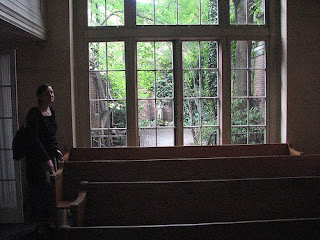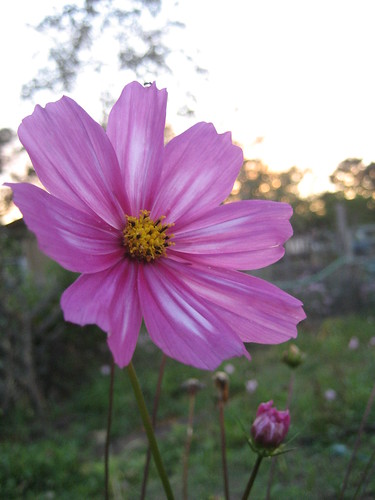Friends, these are the Queries from my Friends Meeting for this month. I wanted to share them with you, thinking that you might find them thought-provoking…
Advice and Queries, June
Social and Civic Responsibility
In the words of William Penn, “True godliness doesn’t draw men out of the world, but enables them to live better in it and excites their endeavors to mend it.” Elsewhere he commented: “It is a reproach to religion and government to suffer so much poverty and excess.”
Poverty within a wealthy society is unjust, cruel, and often linked to skin color, gender, and language. We must examine our own privilege and role in the economic order that deepens this disparity. Friends should be alert to oppression and injustice, and persistent in working against them.
We value our part in shaping the laws of our country. Our task is to see that laws serve God’s purposes and build a just social order. Our first allegiance should be to God, and if this conflicts with any compulsion of the state, we serve our country best by remaining true to our higher loyalty.
If, by divine leading, our attention is focused on a law that is contrary to God’s law, we must proceed with care. Before acting, Friends should pray for further guidance and speak with the Meeting, family members, and all those who might be affected by the decision. If a decision involves disobedience to the law, we should make the grounds of our action clear to all concerned and be prepared to suffer any penalties without evasion. As a community, we must care for those who suffer for conscience’s sake.
Advice and Queries for all individuals
What am I doing to carry my share of responsibility for the government of our community, nation, and the world?
Am I persistent in my efforts to promote constructive change?
Advice and Queries for the meeting
How do we attend to the suffering of others in our local community, in our state and nation, and in the world community?
Do we try to understand the causes of suffering, and do we address them as a Meeting?
How do we, individually and as a Meeting, support the organizations that work to bring the testimonies of Friends into reality in our society?
Advice and Queries especially for children
Social and civic responsibility means we should not be content to live in an unjust world.
What does it mean to be a good citizen?
What can I do if I see things that are unfair?
Do I know how my Meeting is helping people and do I participate in these activities?
Do I try to understand why people are poor or unhappy, not only here but throughout the world?




